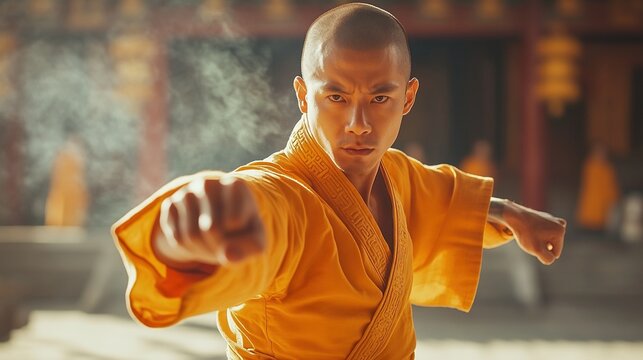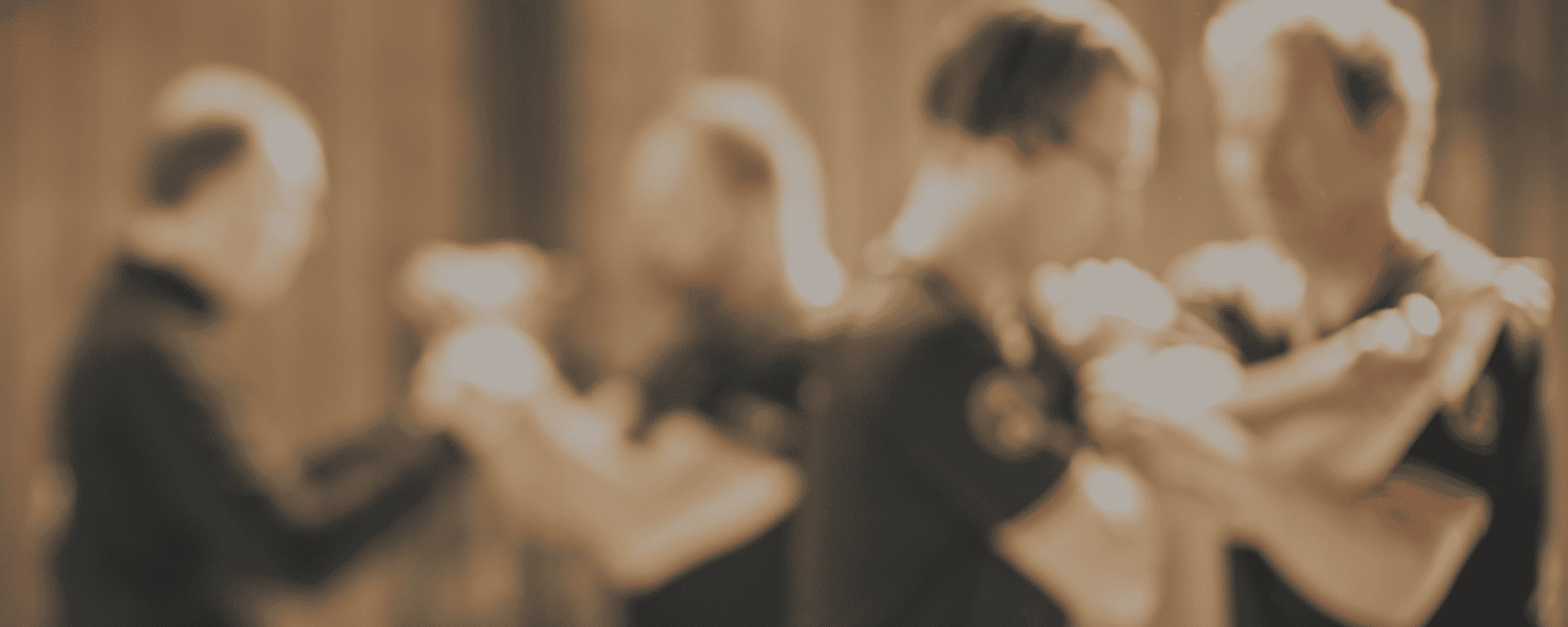
The Inner Strength of Kung Fu: Finding Motivation Within and the Path to True Mastery
In today’s world, we often seek motivation from external sources. We want to win, be recognized, and be praised for our achievements. This is often true in martial arts as well, where many practitioners focus on medals, competitions, and outperforming others. However, if we dig deeper, we discover that the true essence of Kung Fu goes far beyond external rewards. In Kung Fu, everything revolves around the inner journey: finding motivation within, focusing on your health, strengthening your physical and mental resilience, and ultimately elevating yourself spiritually to a higher dimension.
1. Finding Motivation Within Yourself
True motivation comes from within. Although external goals, such as medals and achievements, can temporarily inspire us, they often lose their power once the reward is received or the goal is achieved. In Kung Fu, it’s about intrinsic motivation: the desire to grow for yourself, not for the approval of others. This can be more challenging, as it requires being driven by a deeper inner force rather than superficial recognition. It requires self-reflection, honesty, and discipline.
When you are motivated by external factors like competition and ego, your motivation is fragile and dependent on what happens around you. But when you draw motivation from a desire to improve yourself, regardless of the circumstances, you have a much stronger and more stable source of energy.
2. Health First: The Foundation of Kung Fu
In Kung Fu, health is the first priority. The foundation of your training does not begin with strength or combat techniques, but with cultivating a strong and healthy body. This means investing time in breathing exercises, flexibility, and strengthening your organs and muscles. Without a healthy base, it’s impossible to grow in the long run.
Why is this so important? Because a healthy physical state lays the groundwork for everything that follows. If your body is weak or unhealthy, you cannot train effectively. You will be more prone to injuries, tire quickly, and lose focus. Health provides stability, both physically and mentally, allowing you to train with dedication and consistency.
In Kung Fu, we spend a lot of time on Qigong and breathing exercises. These techniques help develop internal energy (Qi), which forms the basis for further physical and mental growth.
3. Strength and Mental Resilience
Only after establishing a solid foundation of health can you begin to work on strength and mental resilience. In Kung Fu, strength is not just about physical muscle power; it’s also about inner strength and mental determination. This is a combination of perseverance, discipline, and a strong mind. The goal is not to be stronger than someone else, but to be stronger than you were yesterday.
Mental resilience is developed through perseverance and overcoming obstacles. In Kung Fu, you learn to train through pain, fatigue, and setbacks. This goes beyond physical training; it is a process of character building. You learn to deal with failure, fear, and uncertainty. These qualities are not only valuable in training but also in everyday life.
When you focus on inner growth instead of external achievements, you begin to see challenges as opportunities for self-improvement, rather than as obstacles on the path to success.
4. Spiritual Growth: The Highest Dimension
In the final stage of Kung Fu training, the focus shifts to spiritual growth and self-realization. This is the most challenging and abstract part of the journey, as it involves transcending your ego and finding inner peace. Spiritual growth means going beyond the physical and mental aspects of training and opening yourself up to a deeper dimension of consciousness.
Here lies the most difficult challenge, as external goals like medals and achievements are manifestations of the ego. The ego wants to compare, judge, and be better than others. In Kung Fu, we strive to let go of the ego, which means that the motivation that normally comes from competition and recognition becomes irrelevant. This makes it harder to stay motivated because you have to free yourself from the need for external validation.
The spiritual aspect of Kung Fu encourages you to practice in silence, to meditate, and to reflect. It’s about learning to be present in the moment, finding peace within yourself, and experiencing a sense of unity with the world around you. This cannot be achieved by winning more medals but only through inner growth and self-development.
Motivation and Ego: A Complex Relationship
Many martial artists draw their motivation from competitive goals: winning against others, achieving results, and being better than the rest. This can work temporarily, but it is often shallow and unstable. Ultimately, this motivation finds its roots in the ego. The ego wants to be seen, admired, and always wants more.
However, in Kung Fu, we strive for something deeper. We learn that true fulfillment does not come from surpassing others, but from surpassing ourselves. It’s a subtle yet fundamental shift in how you approach your training and your life. It’s not easy because it means learning to be content without external rewards. It means finding joy in the process, rather than in the outcome.
Conclusion
Kung Fu is more than just a physical discipline; it is a journey of self-discovery and inner growth. It requires patience, dedication, and the willingness to look beyond your ego. By focusing on your health, building strength and mental resilience, and ultimately aiming for spiritual growth, you develop not only your skills but also your character and soul.
Finding motivation within yourself, instead of in external rewards, may be the greatest challenge of all. But it is also the most rewarding path. In Kung Fu, everything revolves around this inner journey: not about being better than others, but about being better than you were yesterday.



Sorry, the comment form is closed at this time.